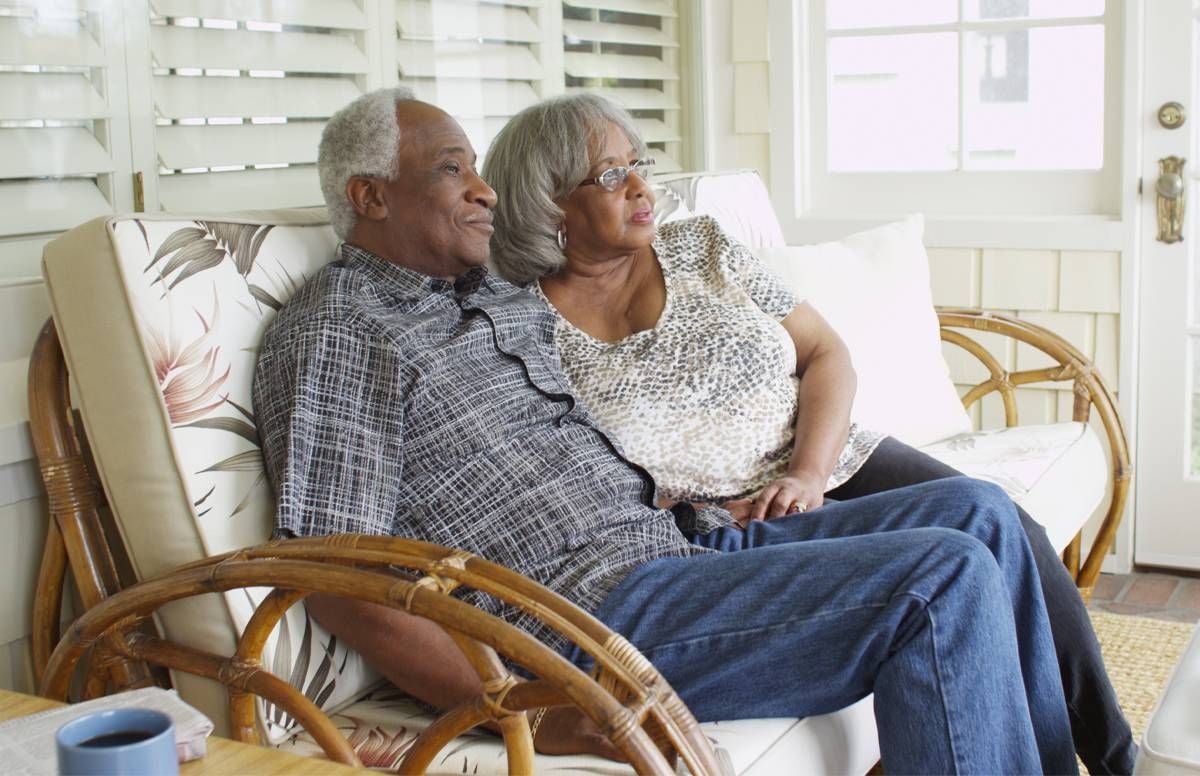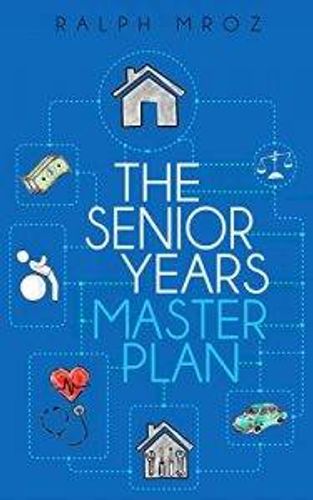The Disadvantages of Aging in Place
What to keep in mind before committing to staying where you are
Surveys show that most people would prefer to grow older, and even die, in their own home. This desire isn't hard to understand.

While you may have already downsized to a more manageable home or condo, you won't have to move again, which is emotionally straining, physically taxing and can be financially cumbersome. Aging in place also lets you remain in your familiar surroundings, close to friends and possibly family. And there are other advantages.
But there's a flip side to aging in place that needs to be weighed:
- You may have to move again if you can't be adequately cared for in your home, and it'll be much harder when you are older and in worse health.
- You can become isolated, especially if you can no longer drive.
- Caregiving help can get expensive and hard to find if you need it.
- If you have mobility problems, it's easy to be mostly confined to your home.
- Your home may become a burden, with its continual needs for maintenance and upkeep.
It's easy to think that aging in place will be less costly than moving to a retirement community or assisted living. But this reasoning overlooks that your stay-in-home costs will increase, because you will need more care as you age.
You may also need to hire trusted advisers to help you find competent, responsible and honest caregivers and home contractors.
6 Potential Disadvantages of Aging in Place
Let me go into a little detail about some of the disadvantages of aging in place.
1. Handling sudden health declines. Your aging in place plan may be going swimmingly: you've made the appropriate home modifications, you're getting the help that you need and you're doing fine. Then something happens.
There's a tendency for your home to decline as you age in it.
Maybe you have a stroke, maybe you have a debilitating fall, maybe an accident, maybe a sudden onset illness — something occurs suddenly that means you need a significantly higher level of care.
Now — right now — you need a different living arrangement… and because of the event you haven't the time, energy or perhaps competence to manage the transition yourself.
Now you're at the mercy of whatever help family members may be able to provide. That help may not be much given your distance from them or your relationship with them; some may be too old or infirm themselves to help.
2. You'll miss needed repairs or won't have the money for them. We've all been in older people's homes that were in disrepair, even if they could afford to keep them up. Maybe they didn't notice the mold under the sink, smell the sewer backing up in the cellar, hear the mice in the walls eating the wiring, see the dirty toilet or note the roof deteriorating.
Some are unable to pay for these repairs or worry about tapping their savings to do so.
There's a tendency for your home to decline as you age in it.
If you plan to age in your home, you'll likely need modifications to accommodate or compensate for the inevitable physical limitations you'll accumulate. Everyone knows about installing shower grab bars and entrance ramps and eliminating slip and fall hazards. But less obvious things include installing lever-style doorknobs and more and brighter lighting.
The National Association of Home Builders has an Aging-in-Place certification, and there are other national organizations that certify and train people to advise you on these modifications, usually with comprehensive checklists of possible improvements.
An experienced adviser will suggest useful — often necessary — modifications.
3. You're dependent on your spouse or partner. If you are aging in place as a couple, you may depend on one of you to be more competent in a given area. One person may be good with repairs and cooking, the other with financial and medical issues. But when one half of an aging couple dies or declines significantly, the affairs they handled must be able to be picked up by the remaining partner.
Since that might not be possible, you need a plan in place to backfill for the missing person's competence.

4. If you have spouse or partner, they may need basic nursing skills. Medical issues tend to increase as we age. So, at some point, you might need to assist with changing dressings, giving medications (perhaps shots), inserting suppositories, helping your partner with bathroom tasks and so on.
A lot of people are squeamish about, or unwilling, to do these things. You can get instruction and coaching on how to perform tasks from your medical providers, but you have to be willing to do them.
5. You may decline mentally. Mental and cognitive decline as we age is inevitable, although it will affect some severely and some not as much.
If you live alone, this kind of decline could become dangerous or unhealthy. You might not remember to take your meds or eat well. You might ignore problems with wiring or the gas line.
6. Fire hazards can increase. Older people are more likely than younger ones to forget to maintain (or replace) their fire, smoke and CO2 detectors. Because older people get colder more easily, they are big users of portable heaters, which have well-known fire hazards.
Hoarding is perhaps the biggest fire hazard older people face. As you age, you can lose the physical, mental and emotional energy necessary to get rid of stuff you don't need.
Advice for People in Their 60s
My advice: in your 60s, assess the probability of needing to make a residence change in the next five years.
If your situation, including your health and family health history, indicates you have a decent chance of needing assistance in that period, you might want to explore housing options in the area where you'd like to live. Or you could either make aging in place modifications to your home or research the kinds of in-home assistance available in your area.
If you believe the odds that you (and a spouse or partner if you have one) will be healthy and able in five years, then revisit the probabilities then.
But from age 65 or so, have a plan!
(This article is an excerpt from the new book, "The Senior Years Master Plan" by Ralph Mroz.)

